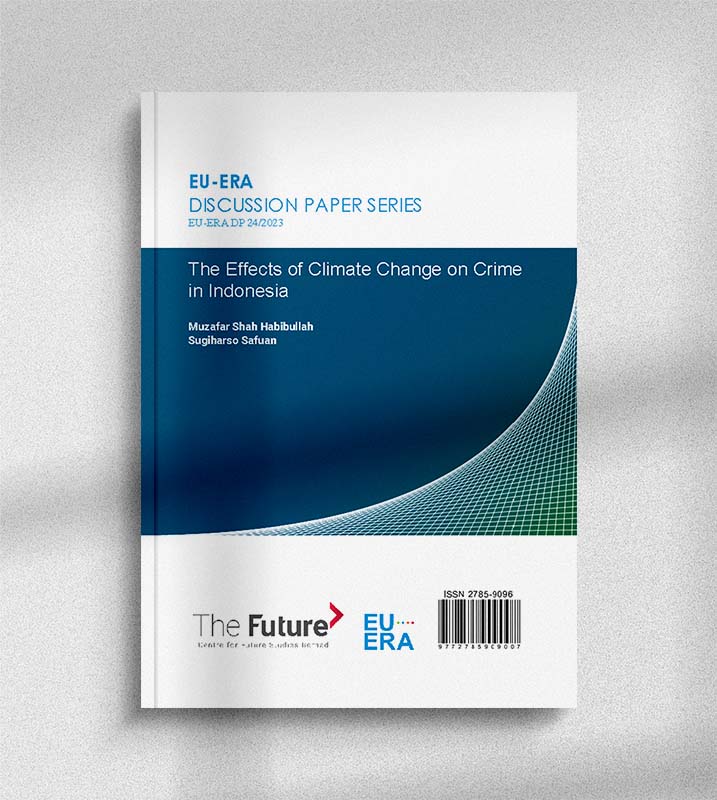Summary
In Indonesia, studies on the economics of crime have been proliferated in recent years. Studies have found that (macro)economic variables such as unemployment rate, poverty rate, income (GDP per capita), population density, human development index, income inequality, minimum wage, good governance, urbanisation, foreign direct investment, domestic investment, life expectancy, education level or years of schooling, and police personnel were affecting crime rates in Indonesia. Nonetheless, a study that take into account the role of climate change affecting criminal activity in Indonesia is rather lacking. Thus, the purpose of the present paper is to investigate the effects of climate change, in particular the role of rainfall on crime rates in Indonesia. The novelty of the present study is three folds: First, to the best of our knowledge, this is the first paper to study how climate change affect crime rates in Indonesia. Secondly, the present study would provide a better predictive model for criminal behaviour in Indonesia by taking into account the role of climate change (rainfall) as additional explanatory variables. And finally, in this study we test the nonlinear relationship between rainfall and crime rate in Indonesia.





